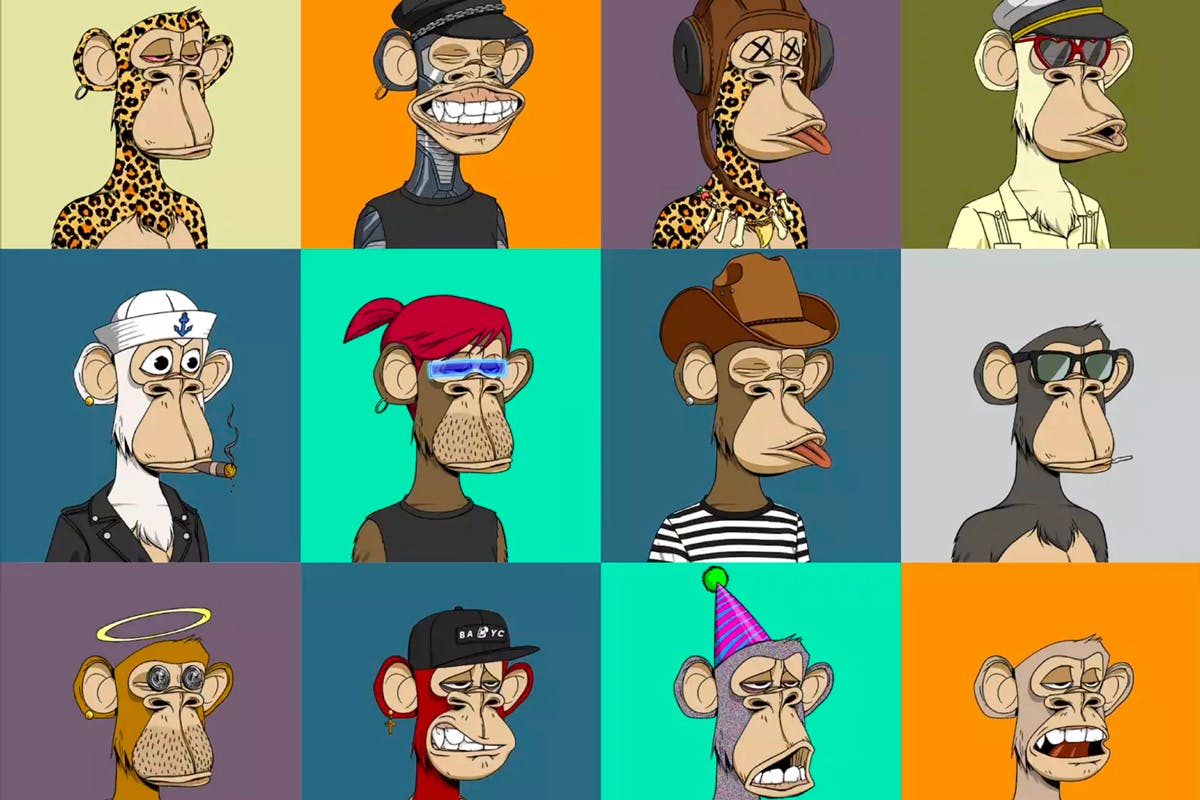413 reads
The Rise of NFTs: The Future of Digital Ownership
by
April 16th, 2024
Audio Presented by

Saeed Ashif Ahmed is an engineering graduate and technology writer, with a passion for cricket and Netflix.
Story's Credibility



About Author
Saeed Ashif Ahmed is an engineering graduate and technology writer, with a passion for cricket and Netflix.
